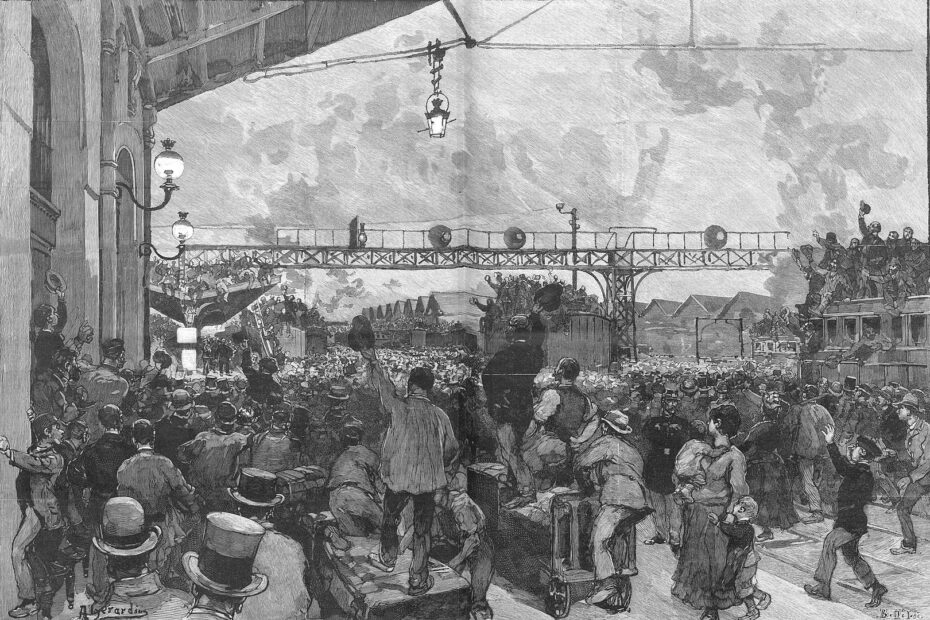Terrorist clicks? drastic measures to moderate online communications under the anti-terrorist banner
What is the best way to combat terrorism? According to the European Commission, it is to clean the internet of terrorist content. Despite little clarity as to what terrorist content really is, the EU institutions are working towards a new regulation that would likely require a wide range of online services to follow the ill-designed measures – measures that would also affect Wikipedia. Yet, the lack of clear definitions, combined with proposed requirements to filter or immediately remove information, threatens democratic discourse and online collaboration.
What is this terrorist content regulation about, again?
In the autumn 2018, the European Commission (EC) published a proposal of a Regulation on preventing the dissemination of terrorist content online (TERREG) as a part of the Digital Single Market framework. Its framing suggests that curbing terrorism is not the main objective of this piece of legislation. Instead, it seeks to provide internet platforms with unified rules on how to deal with content that is considered terrorist, across the EU, and to outline consequences of their failing to comply.
The rules boil down to a bypass of judiciary oversight in limiting freedom of expression, instead transfering that power to private actors: platforms hosting their users’ content, and content filters. All this makes it very easy to restrict access to information about unfolding civic events, which can sometimes produce violent imagery. Meanwhile, failure to remove disturbing, violent content upon notice is already punishable under the EU law and only 6% of European internet users report coming across what they perceive to be terrorist content (according to a Flash Eurobarometer poll from 2018).
Read More »Terrorist clicks? drastic measures to moderate online communications under the anti-terrorist banner









